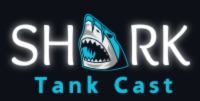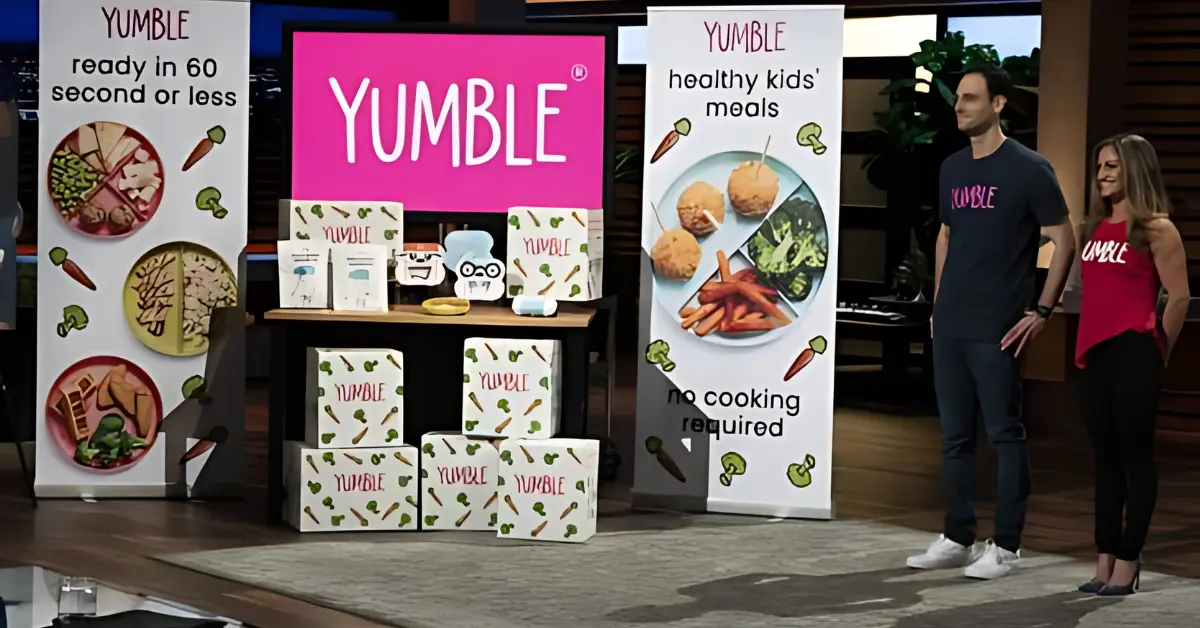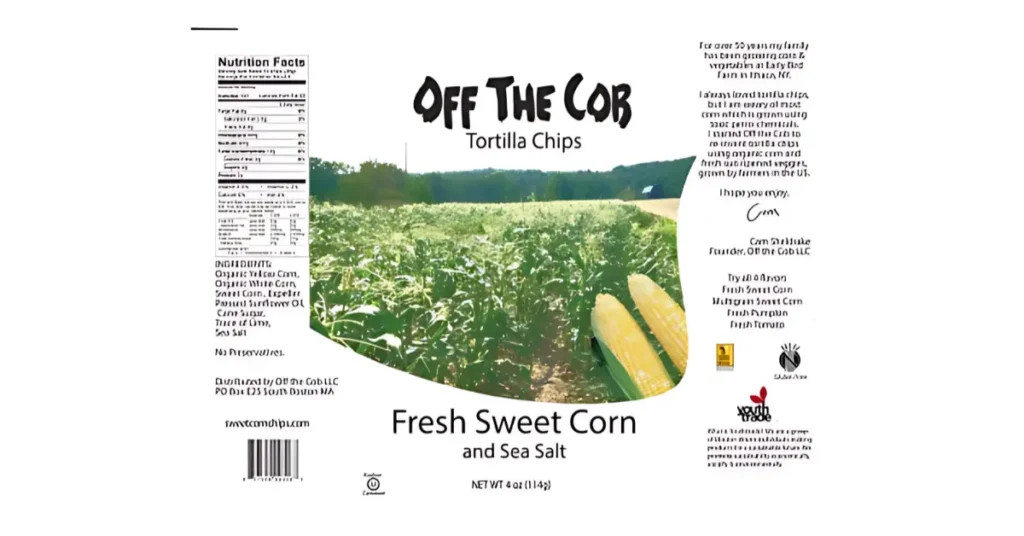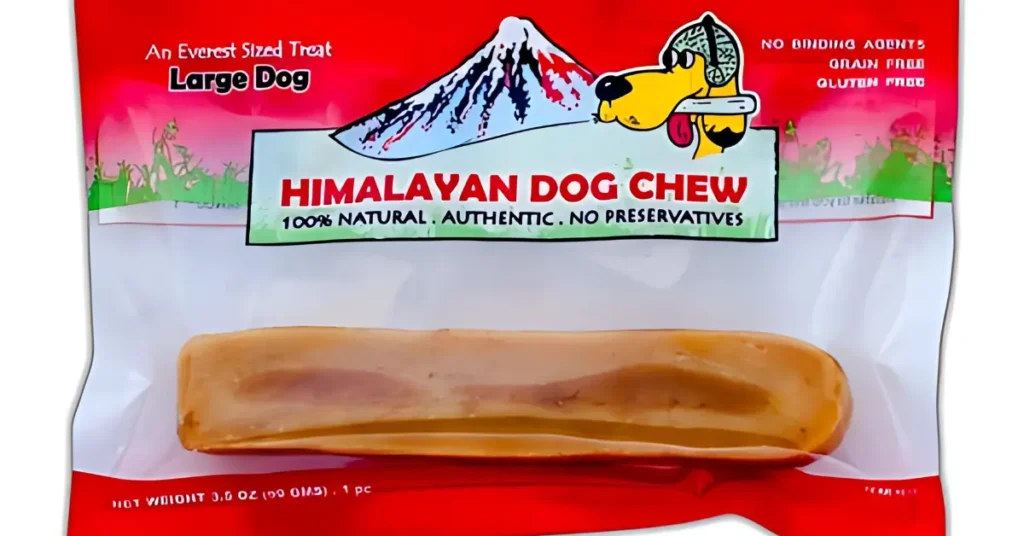In the fast-paced world of food delivery services, Yumble Shark Tank one company sought to fill a specific niche: healthy, pre-made meals for kids. Yumble, founded by David and Joanna Parker, aimed to make mealtime easier for parents while ensuring kids ate nutritious and wholesome food. What started as a personal mission by Joanna Parker to create better meal options for her picky children quickly became a thriving business, catching the attention of the Shark Tank investors in season 10, episode 1005.
David and Joanna entered the Shark Tank seeking $500,000 for a 4% equity stake in their business. At first glance, Yumble’s concept seemed simple but powerful—providing parents with a subscription service that delivered healthy, kid-friendly, pre-made meals. But it was their unique approach to using nutrient-dense, organic ingredients and the impressive growth metrics that sparked the attention of the Sharks.
Table of Contents
ToggleYumble Net Worth
At the time of its acquisition by Dibz Kidz in December 2022, Yumble had an estimated annual revenue of $8 million. This valuation was reflective of its substantial market presence and the success of its unique kid-friendly meal delivery service. Despite its eventual closure in 2024 with Dibz Kidz, Yumble’s legacy as a leader in the healthy meal delivery space remains significant. The company’s valuation underscores the potential in this niche market, even as it faced challenges from competition and market shifts.
Key Takeaways
- Yumble’s Unique Mission: Founded by David and Joanna Parker, Yumble aimed to provide healthy, pre-made meals for kids using organic, nutrient-dense ingredients. Their focus on offering kid-friendly foods with nutritional value set them apart in the competitive meal delivery market.
- Shark Tank Success: Although the deal with Bethenny Frankel fell through, the Sharks recognized the company’s potential, with offers from Bethenny and Rohan Oza. Yumble’s impressive sales growth, with $1.3 million in revenue and a 30% monthly growth rate, showcased strong market demand.
- Rapid Growth and Challenges: After the Shark Tank appearance, Yumble raised $12.5 million in venture capital and expanded nationally. However, the company faced challenges related to competition and customer feedback, leading to the launch of Yumble Up for older kids.
- Acquisition by Dibz Kidz: In December 2022, Yumble was acquired by Dibz Kidz, a company with a similar business model. Yumble continued to operate under its brand, but by July 2024, Dibz Kidz itself ceased operations, marking the end of Yumble’s independent run.
- Valuable Lessons for Entrepreneurs: Yumble’s journey highlights the importance of creating a strong brand, listening to customer feedback, being adaptable in the market, and the challenges of navigating a competitive industry like meal delivery.
Yumble’s Unique Proposition: Healthy Meals for Kids
The idea behind Yumble Shark Tank was born when Joanna realized the challenge of feeding her own kids healthy meals that they actually enjoyed. Having three children with varying tastes and preferences, she began experimenting with creating pre-made meals using foods that were familiar and loved by kids. This included items like mac and cheese, chicken nuggets, pizza, and even baked carrot fries, all made with organic, locally sourced ingredients.
But Yumble wasn’t just about providing food that kids liked; it was about making sure that those foods were not only tasty but also packed with essential nutrients to help young bodies grow. This focus on wholesome ingredients—such as nutrient-dense vegetables, grains, proteins, and healthy fats—set Yumble apart from other frozen or pre-packaged meal services.
The Shark Tank Pitch: A Taste-Test of Success
When David and Joanna entered the Shark Tank, they brought with them a strong pitch that highlighted both the passion behind their product and the impressive numbers to back it up. At the time, Yumble was generating over $1.3 million in revenue for 2018, with monthly sales growth of 30%. They were also able to reduce their customer acquisition costs from $100 to $40, a strong sign of increasing demand and customer retention. In fact, Yumble boasted a remarkable 70% re-order rate, which is a strong indicator of customer loyalty.
The Sharks were immediately impressed by the quality of the meals, and they saw the potential for growth. The numbers spoke for themselves. Yumble had a solid business model, offering flexible meal plans for families, with options for 6, 12, or 24 meals per week, and pricing that was competitive at $6.99 to $7.99 per meal. Customers could choose their meals from a weekly menu and had the flexibility to skip weeks or cancel at any time. Additionally, Yumble provided special options like gluten-free, egg-free, dairy-free, and vegetarian meals.
Investment Offers from the Sharks
The Sharks were generally intrigued, but concerns arose about the competitive nature of the food delivery market. Mark Cuban and Kevin O’Leary both expressed their hesitation and decided to opt out, citing the oversaturated market and high competition in the meal delivery space.
However, Bethenny Frankel and Rohan Oza saw the potential and made offers. Bethenny proposed $500,000 for 15% equity, while Rohan offered the same amount for a 12% stake and suggested bringing Lori Greiner on board as a partner. The Parkers were faced with two valuable offers, but in the end, Bethenny countered with an offer of $500,000 for 6%, which was accepted.
Yumble’s Post-Shark Tank Journey: New Challenges and Growth
While the deal with Bethenny Frankel never officially closed, Yumble’s journey continued to be an exciting one. Shortly after their Shark Tank appearance, the company raised an additional $12.5 million in venture funding, helping them expand their reach. The Parkers used the capital to fuel their marketing efforts, hire additional staff, and focus on national expansion.
Despite the initial success, Yumble faced challenges. As customer feedback poured in, complaints regarding portion sizes surfaced, especially as children grew older. In response, the company launched a new product line, Yumble Up, specifically designed for older kids, which provided larger portions and more diverse meal options.
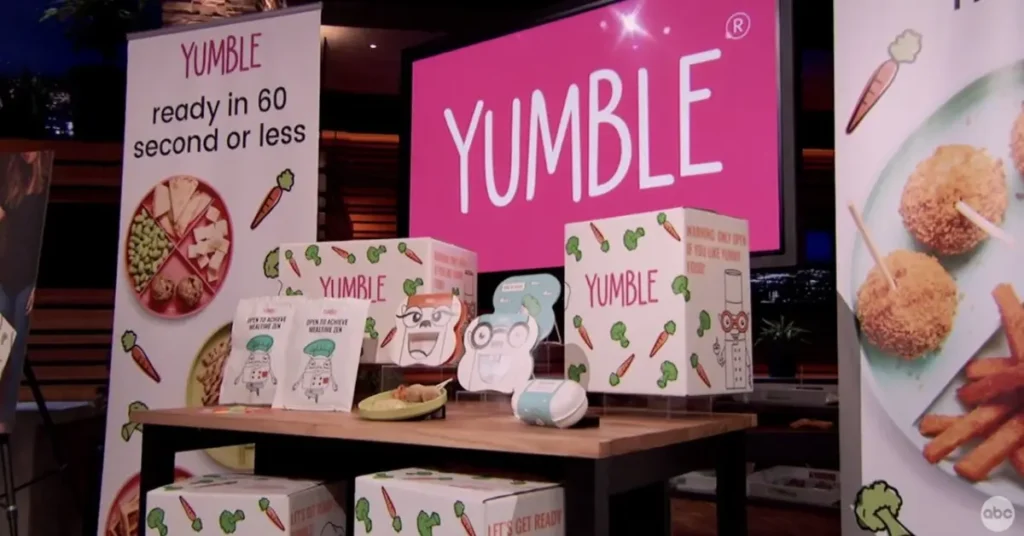
The Acquisitions: Dibz Kidz Takes Over
By 2022, Yumble had achieved significant growth, reaching annual revenues of $8 million. However, despite this success, the company faced increasing pressure from competitors and a shifting market landscape. In December 2022, Yumble’s journey took a new turn as it was acquired by Dibz Kidz, a company offering a similar service aimed at providing nutritious meals for kids.
The acquisition allowed Dibz Kidz to incorporate Yumble’s established brand, reputation, and customer base, while continuing to provide high-quality meal delivery services under the Yumble name. However, as of July 2024, Dibz Kidz faced its own set of challenges and ultimately went out of business, marking the end of Yumble’s journey as an independent company. Despite this, the legacy of Yumble’s mission to provide healthy meals for kids continues to influence the meal delivery market.
Lessons Learned from Yumble’s Shark Tank Journey
Yumble’s story offers several key lessons for aspiring entrepreneurs, particularly those in the food delivery and subscription services industries. Some of the most important takeaways include:
- The Power of a Strong Brand: Yumble’s success was not just in the meals it provided, but in the brand it created—a brand that resonated with parents seeking healthy and convenient options for their children. The Parkers’ focus on using fresh, organic ingredients helped differentiate Yumble in an increasingly crowded market.
- Customer-Centric Growth: One of the key reasons for Yumble’s success was its focus on customer satisfaction and retention. The impressive 70% re-order rate indicated that the company was not just attracting customers but retaining them as well. This is a critical factor for any business looking to scale.
- Adaptability: Yumble showed the importance of adapting to market demands. When customers expressed concerns about portion sizes, Yumble quickly responded with a new line of products aimed at older children. This flexibility helped the company stay relevant and continue to grow.
- Challenges of the Meal Delivery Market: The challenges that Yumble faced post-Shark Tank—especially the competitive nature of the market and changing consumer preferences—highlight the difficulties in the meal delivery space. While Yumble managed to grow significantly, the competition remained fierce, and this ultimately played a role in the company’s eventual acquisition.
- The Importance of Strong Partnerships: Although the deal with Bethenny Frankel never closed, Yumble’s experience in Shark Tank demonstrated the importance of having the right partnerships. Rohan Oza’s offer to bring in Lori Greiner as an additional partner was a significant one, showing how strategic partnerships can help a business scale quickly.
Conclusion
Yumble’s rise and eventual acquisition reflect the rapid growth and eventual struggles of many businesses in the competitive meal delivery sector. While the company no longer operates under its original name as of 2024, its impact on the way parents think about feeding their children healthy, convenient meals remains significant.
From their pitch in Shark Tank to their venture funding rounds and eventual acquisition by Dibz Kidz, Yumble demonstrated how a simple idea—healthy meals for kids—could turn into a thriving business. Their focus on customer satisfaction, adaptability, and branding offers valuable lessons for future entrepreneurs looking to make their mark in the food service industry.
Even though the Yumble brand no longer exists, the concept of providing healthy, nutritious meals for kids continues to be a viable and much-needed service in today’s market. The lessons learned from Yumble’s journey will likely inspire many other entrepreneurs to take on similar ventures, proving that when it comes to innovation, there is always room for improvement—especially in a space as vital as children’s nutrition.
As we look to the future, Yumble’s story serves as a reminder that great ideas, persistence, and a willingness to evolve are key factors in any startup’s journey, no matter the industry.
